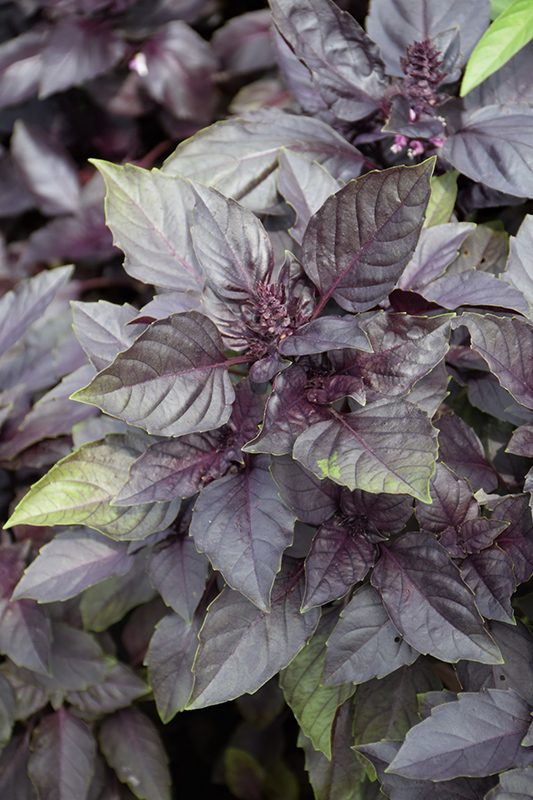Purple Opal Basil
Ocimum basilicum 'Purple Opal'
Plant Height: 18 inches
Flower Height: 24 inches
Spacing: 12 inches
Sunlight:
![]()
Hardiness Zone: (annual)
Description:
A popular sweet basil with stunning, purple-black glossy foliage with a delicious aroma; pale pink flower spikes in mid-summer; grows at a steady pace and produces small to medium sized, tender leaves; slow to bolt, great for the garden or containers
Edible Qualities
Purple Opal Basil is an annual herb that is commonly grown for its edible qualities, although it does have ornamental merits as well. The fragrant oval purple leaves with hints of black which emerge burgundy in spring are usually harvested from early summer to early fall. The leaves have a delicious taste.
The leaves are most often used in the following ways:
- Fresh Eating
- Cooking
- Seasoning
Planting & Growing
Purple Opal Basil will grow to be about 18 inches tall at maturity extending to 24 inches tall with the flowers, with a spread of 14 inches. When grown in masses or used as a bedding plant, individual plants should be spaced approximately 12 inches apart. This fast-growing annual will normally live for one full growing season, needing replacement the following year.
This plant is quite ornamental as well as edible, and is as much at home in a landscape or flower garden as it is in a designated herb garden. It should only be grown in full sunlight. It prefers to grow in average to moist conditions, and shouldn't be allowed to dry out. It may require supplemental watering during periods of drought or extended heat. It is not particular as to soil type or pH. It is somewhat tolerant of urban pollution. This is a selected variety of a species not originally from North America.
Purple Opal Basil is a good choice for the edible garden, but it is also well-suited for use in outdoor pots and containers. With its upright habit of growth, it is best suited for use as a 'thriller' in the 'spiller-thriller-filler' container combination; plant it near the center of the pot, surrounded by smaller plants and those that spill over the edges. Note that when growing plants in outdoor containers and baskets, they may require more frequent waterings than they would in the yard or garden.

